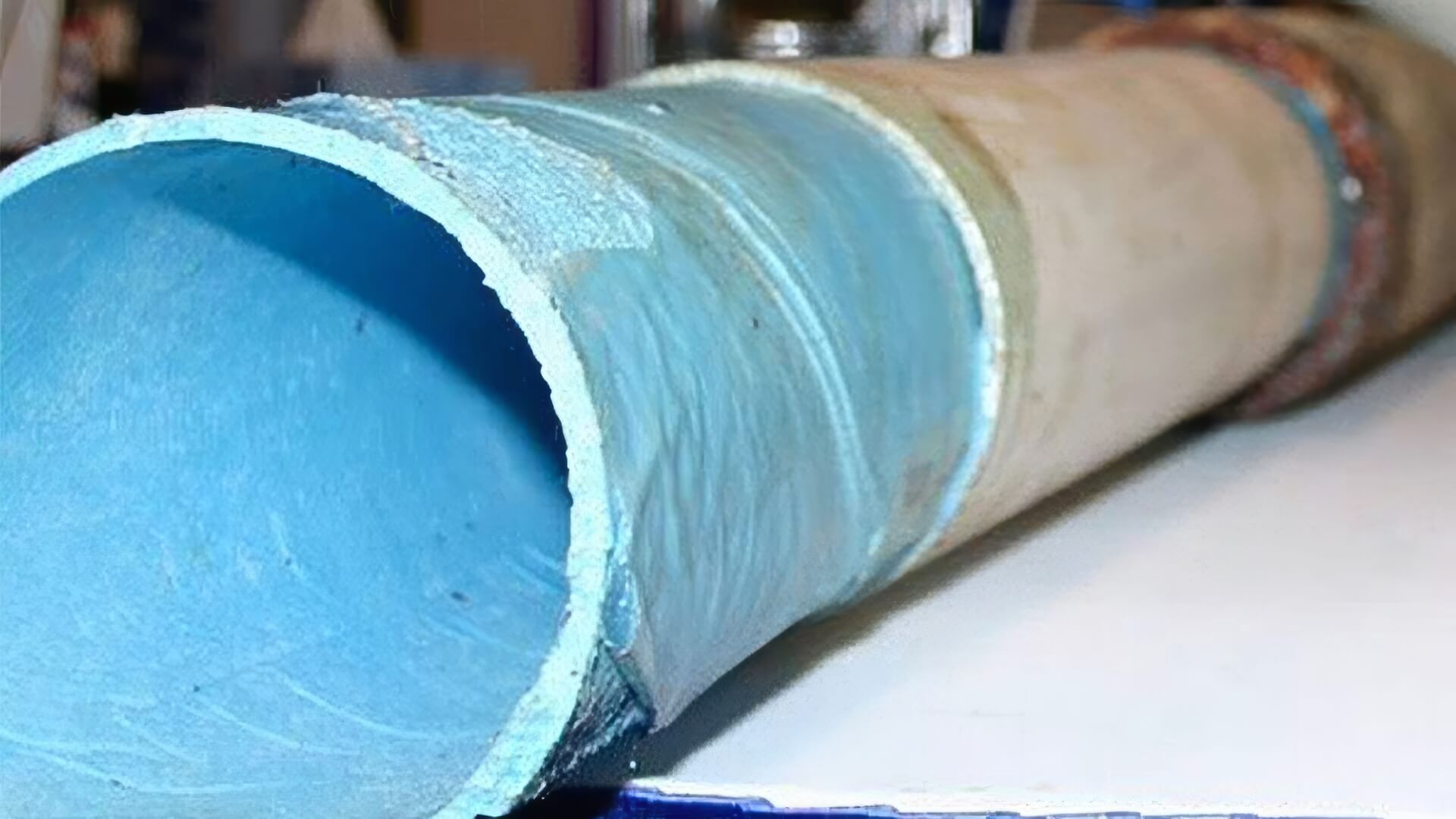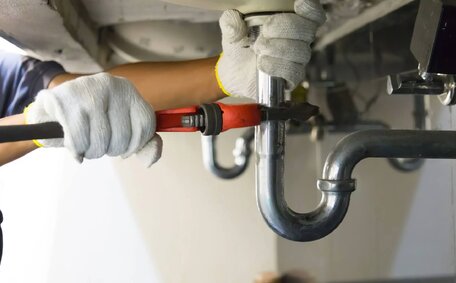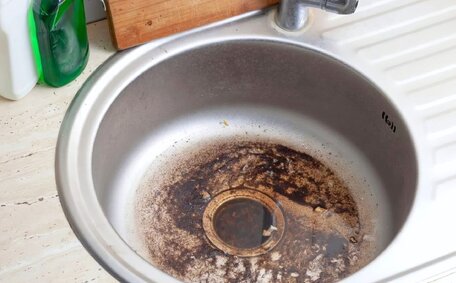What is a Gas Safety Certificate?
In New South Wales, a gas safety certificate is a mandatory legal document that ensures all connected gas appliances meet rigorous safety standards, following an in-depth inspection by a licensed gas engineer.
As part of gas product certification, a certificate in NSW verifies the safety of appliances, like heaters and cooktops, from leaks and fire hazards. They are mandated, as required by law, as stipulated by NSW regulations, to safeguard tenants in every rental property.
The gas safety certificate details the inspection date, gas appliances tested, identified faults and their rectifications, alongside the name and licence number of the inspecting gas engineer. This certificate must be renewed biennially.
Why are Gas Safety Certificates Required by Law?
An NSW compliance certificate is a legal requirement to certify the safety of gas appliances and mitigate gas-related risks.
Under the NSW Gas Supply Act, landlords must ensure gas installations are compliant and hold valid gas safety certificates—issued by licensed gas fitters after detailed biennial checks.
These laws ensure health and gas safety; faulty or neglected installations risk carbon monoxide leakage, which poses severe health risks to occupants.
To avoid non-compliance penalties up to $1,100, landlords and agents must adhere to gas safety protocols and possess a current certificate. Tenants can appeal to the NSW Civil and Administrative Tribunal for certificate issuance, emergency repairs, or lease termination.
Which Gas Appliances and Installations Require Certification
All gas appliances connected to the connected gas network in the property, including fittings, flues, and pipework, must legally have a current safety certificate from the safe register. This includes:
- Gas space heaters
- Gas ovens, stovetops and cooktops
- Gas hot water systems
- Gas pool heaters
- Gas room and ducted heaters
- Gas fireplaces
- Gas BBQs connected to natural gas
- Commercial gas appliances like ovens and fryers
Whenever gas work involving a gas appliance is installed, replaced, relocated, or serviced, the entire system must be re-inspected and recertified for safety.
The Role of Qualified Gas Engineers
Only qualified and licensed gas industry professionals registered on the Gas Safe Register are legally permitted to inspect properties and issue gas safety certificates in Australia.
A gas engineer must complete rigorous training and assessments, showing proficiency in servicing gas appliances according to the 1998 regulations, and demonstrate expertise that aligns with AS/NZS 5601 and state regulations to acquire gas safety certification.
When a gas engineer does a safety gas check, they thoroughly test all gas pipework, appliances, flues, and gas certificates are usually part of the documentation provided after such inspections. Using leak detection equipment, they check for emissions and verify the safe operation of all components, including boiler flues. Where unsafe or defective appliances are found, the engineer must repair, replace or isolate them before issuing a gas safety certificate.
Engaging qualified professionals to issue Gas Safe certificates ensures landlords and tenants that their gas appliances conform to the highest safety standards.
What Does the Inspection Process Involve?
When a type gas safety inspection is booked, the qualified gas engineer will arrange a time with the home or business owner to thoroughly assess your gas appliances on the premises.
The inspection commences with the gas engineer assessing the property’s gas network and system setup in consultation with the owner, followed by a systematic examination of every gas fitting, pipe, flue, and appliance.
Utilising advanced detection equipment, the engineer verifies the absence of harmful emissions, a critical step in gas hazard prevention. This includes ensuring burners and safety controls are operational and assessing flues and ventilation systems for proper exhaust gas dispersal.
Your engineer also ensures they’re safe by looking for any signs of corrosion, damage or wear-and-tear on gas components. Any defects found must be addressed, with the engineer either repairing, replacing or isolating unsafe equipment.
After the safety check, the engineer completes a final review and issues the gas safety certificate, certifying the system for safe use. The certificate remains valid for two years post-inspection.
Issuing Compliance Certificates
Within five working days of the inspection, the engineer must issue a copy of the compliance certificate to address any identified hazards swiftly.
The gas certificate acts as official documentation providing information about gas system compliance, stating that as of the inspection date, all systems comply with AS/NZS 5601 and certificate compliance regulations. It is valid for 2 years from the date issued.
Compliance certificates act as a gas safety record, containing specific details about all gas appliances in the property, the owner, the engineer, and the appliances checked. They should be retained for at least 5 years by landlords as evidence inspections were carried out.
Property sellers are required to provide a copy of the current gas safety certificate, and landlords must distribute copies to tenants before they move in, ensuring the certificate is clearly displayed within the property.
Ultimately, the certificate provides assurance to occupants, owners and authorities that gas systems have undergone thorough safety checks by qualified personnel.
Gas Safety and Rental Properties
Landlords must provide tenants with a copy of the certificate compliance under NSW law, ensuring the safety of all gas appliances within the rental property.
The Gas Supply Act 1996 requires landlords to give tenants a current gas safety certificate, issued biennially by a licensed gas fitter, covering all fixed gas appliances on the property.
Certificates provide assurance that appliances like heaters, stoves, and any other relevant gas installations were thoroughly inspected and found to be in safe working order with no leaks or risk of carbon monoxide poisoning.
Landlords must supply a valid gas safety certificate to avoid legal action from tenants through the NSW Civil and Administrative Tribunal and penalties up to $1,100 levied by NSW Fair Trading.
Familiarity with gas safety regulations is critical for landlords to ensure rental properties are secure and hazards are mitigated through annual inspections by qualified professionals.
Signs of Non-Compliance
There are more than a few clear indicators that gas systems fail to meet legal safety standards. An absence of valid documentation like current gas safety certificates and compliance plates suggests non-compliance. Physically, signs include leaks detected by gas odour or hissing sounds, black residue around appliances, pilot lights repeatedly blowing out, and excessive condensation inside windows.
Upon discovering non-compliance, it is essential to promptly contact a Gas Safe registered engineer for an inspection and any necessary repairs to guarantee property safety. Rental premises with uncertified gas appliances may be subject to termination orders by NSW Civil and Administrative Tribunal until defects are fixed and new certificates supplied.
Maintaining Regular Gas Safety
Homeowners have an ongoing responsibility to ensure the installation and use of gas systems in the home adhere to safety standards between required inspections and certification. This involves regularly checking appliances for issues and arranging Gas Safe registered technicians to service or repair any faults promptly.
Owners can undertake basic safety checks on their gas appliances including:
- Monitoring your appliance, such as heaters, cooktops and hot water systems for changes in operating sound, appearance or performance which may indicate issues
- Inspecting flexible connector hoses and pipes for cracks or wear
- Looking and listening for any hissing sounds near appliances suggesting leaks
- Checking appliance exhaust flues remain fully intact and clear of obstructions
- Verifying the colour of burner flame remains blue without yellow tipping
Detected faults require immediate attention by a qualified technician to ensure safe appliance use. Deteriorating gas infrastructure warrants re-certification inspections as components approach end-of-life.
Regular checks and servicing of gas systems are imperative for ongoing safety between mandatory detailed inspections.






